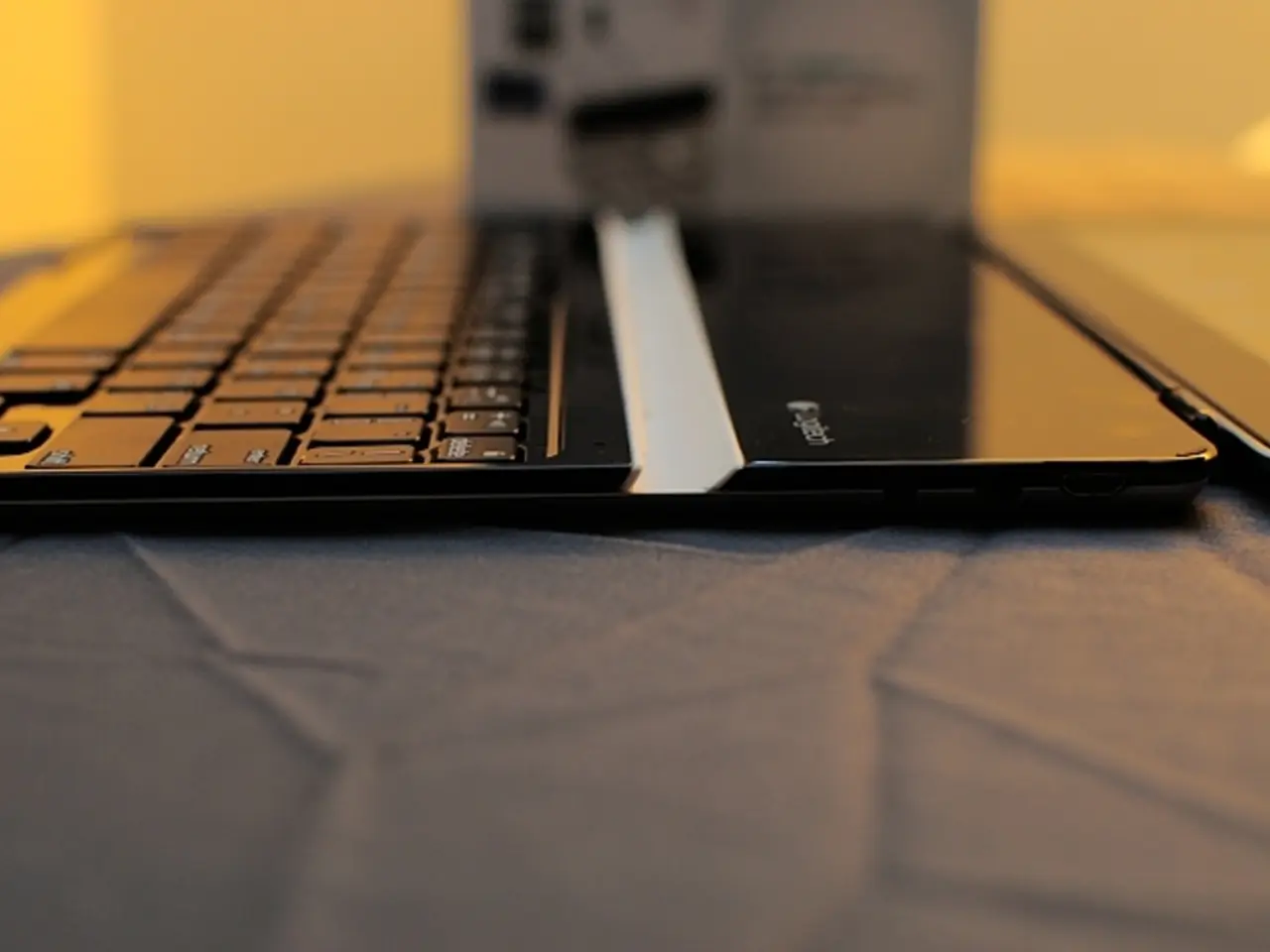Dell laptops vulnerable to Broadcom chip issue, affecting over 100 models and millions of devices
In a recent development, a series of vulnerabilities, dubbed ReVault, have been discovered in Dell's ControlVault3 firmware and its associated Windows APIs. These vulnerabilities affect more than 100 Dell laptop models, posing a significant threat to users' data security.
The recommended security measures for those affected by the ReVault vulnerability primarily involve applying Dell's security updates and firmware patches released between March and May 2025. These updates address five critical vulnerabilities that allow attackers to bypass Windows login, execute arbitrary code in firmware, and maintain persistent malware even after OS reinstallation.
In addition to applying the patches, users are advised to ensure their Dell laptop firmware and ControlVault drivers are fully updated, avoid physical access risks, monitor for suspicious activity, and limit the use of biometric and smartcard authentication if possible until all patches are applied.
Physical security is crucial as some exploits require direct access to the laptop to bypass login via firmware implants or fake biometric authentication. Monitoring for unauthorized access, particularly on business laptops used in sensitive environments, is also essential.
Dell ControlVault, a hardware-based security solution, is used by cybersecurity companies, government agencies, and other security-conscious organizations. The vulnerabilities discovered in Dell ControlVault can have far-reaching implications, potentially compromising even advanced security features like biometric authentication.
Philippe Laulheret, a senior vulnerability researcher at Cisco Talos, emphasized the importance of evaluating the security posture of all hardware components within devices, not just the operating system or software. Dell ControlVault stores passwords, biometric templates, and security codes within its firmware, making it a prime target for attackers.
Dell has issued a security advisory, DSA-2025-053, and has patches for affected systems. It is crucial for users to consult Dell’s official security advisories and IT administrators for enterprise-specific guidance and confirm patch deployment to fully protect against ReVault attacks.
For the latest news, analysis, and reviews, follow us on Google News. Stay vigilant and secure!
[1] Dell Security Advisory - DSA-2025-053 [2] CVE-2025-24311, CVE-2025-25050, CVE-2025-25215, CVE-2025-24922, CVE-2025-24919 [4] Cisco Talos Threat Intelligence Blog - ReVault: Dell ControlVault Vulnerabilities Allow Arbitrary Code Execution [5] Dell Community Forum - ReVault Vulnerabilities Discussion Thread
- To enhance cybersecurity and mitigate the ReVault vulnerabilities, it's crucial for affected Dell users to update their ControlVault firmware and drivers, apply the recommended security updates and firmware patches provided by Dell, and monitor for suspicious activity.
- In light of the ReVault vulnerabilities discovered in Dell ControlVault, it's essential for organizations to prioritize data-and-cloud-computing security assessments, evaluating the security posture of all hardware components within their devices, not just the operating system or software.




